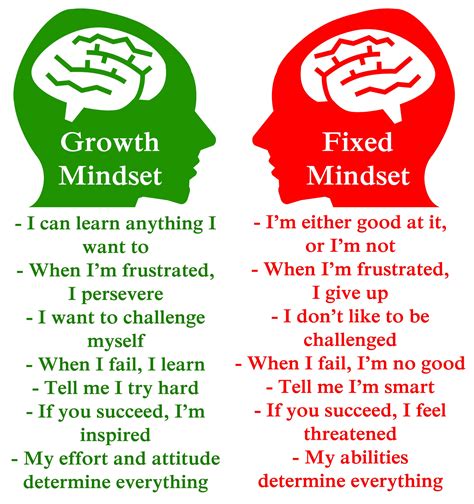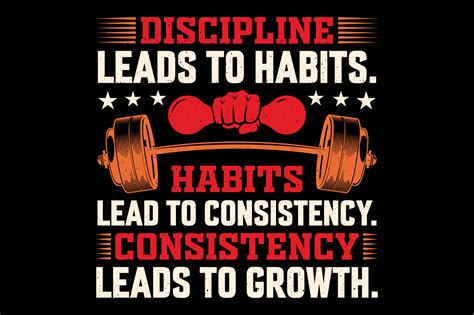The silent conversation we have with ourselves significantly shapes our reality. Negative self-talk can be a powerful barrier to personal growth, but the good news is that it’s a habit we can actively change. By understanding its mechanisms and consciously applying strategies, we can transform this internal dialogue into a powerful engine for a growth mindset.
Understanding the Grip of Negative Self-Talk
Negative self-talk encompasses any inner monologue that is critical, pessimistic, or self-deprecating. It often manifests as “I can’t,” “I’m not good enough,” “I’ll fail,” or “It’s too hard.” This internal critic can stem from past experiences, societal pressures, or even perceived failures, creating a fixed mindset that believes abilities are unchangeable.
The consistent barrage of negative thoughts erodes confidence, stifles creativity, and discourages us from taking risks or pursuing new opportunities. It traps us in a cycle of self-doubt and limited potential.
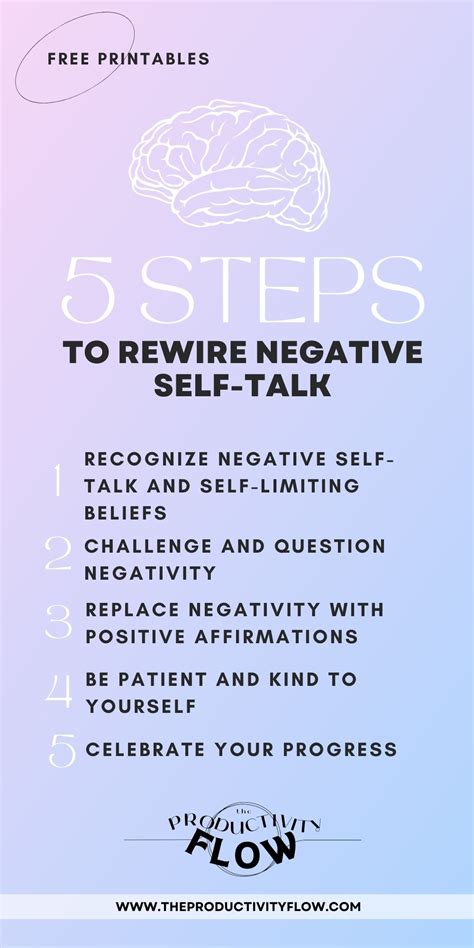
Embracing the Power of a Growth Mindset
Coined by Dr. Carol Dweck, a growth mindset is the belief that your abilities, intelligence, and talents are not fixed traits but can be developed through dedication and hard work. Individuals with a growth mindset see challenges as opportunities for learning, mistakes as valuable feedback, and effort as the path to mastery.
This perspective fosters resilience, encourages perseverance, and opens the door to continuous improvement. It shifts the focus from proving oneself to improving oneself, making every experience a potential step forward, regardless of the immediate outcome.
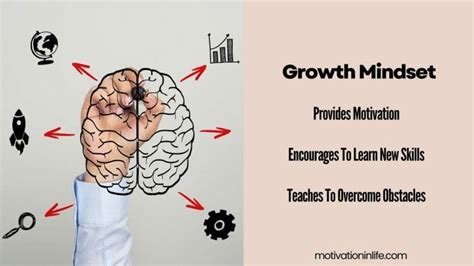
Practical Strategies to Shift Your Inner Dialogue
1. Acknowledge and Observe, Don’t Judge
The first step is awareness. Pay attention to your thoughts without judgment. When you catch yourself thinking negatively, simply notice it. Labeling the thought (“Oh, there’s that ‘I’m not good enough’ thought again”) creates a separation between you and the thought, giving you power over it.
2. Challenge Your Inner Critic
Once you’ve identified a negative thought, question its validity. Ask yourself: “Is this thought truly accurate?” “What evidence supports this?” “Is there another way to look at this situation?” Often, negative self-talk is based on assumptions or exaggerated fears rather than facts.
3. Reframe and Rephrase
Actively transform negative statements into growth-oriented ones.
- Instead of “I failed,” try “I learned a valuable lesson from this experience.”
- Instead of “I can’t do this,” try “I haven’t mastered this yet, but I can learn.”
- Instead of “This is too hard,” try “This is a challenge that will help me grow.”
The word “yet” is incredibly powerful in shifting from a fixed to a growth mindset. It implies potential and future development.
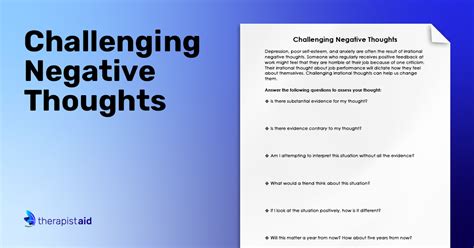
4. Practice Self-Compassion
Treat yourself with the same kindness and understanding you would offer a friend. Recognize that everyone makes mistakes and faces difficulties. Self-compassion reduces self-criticism and builds resilience. Forgive yourself for perceived shortcomings and focus on moving forward.
5. Focus on Effort and Process, Not Just Outcomes
A cornerstone of the growth mindset is valuing the journey and the effort put in, regardless of the immediate result. Celebrate small steps, acknowledge your dedication, and understand that consistent effort leads to eventual mastery. This shifts focus from the fear of failure to the joy of learning and development.
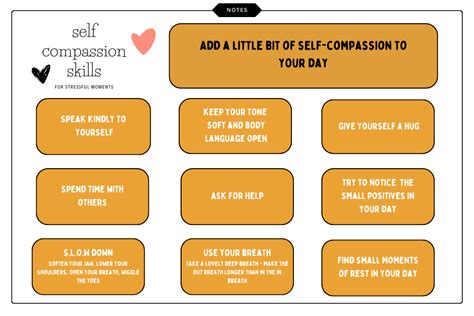
6. Cultivate a Positive Environment
Surround yourself with people who encourage and uplift you, and minimize exposure to negativity. Consume content (books, podcasts, articles) that promotes growth, learning, and positive psychology. Your environment significantly influences your internal dialogue.
7. Mindfulness and Meditation
Regular mindfulness practices can help you observe your thoughts without getting entangled in them. Meditation trains your mind to create space between you and your thoughts, making it easier to choose how you respond to negative self-talk rather than react impulsively.
The Journey of Continuous Growth
Shifting from negative self-talk to a growth mindset is not a one-time fix but an ongoing practice. There will be days when the inner critic resurfaces, but with consistent effort and the application of these strategies, you can significantly reduce its power and cultivate a more supportive, empowering internal voice. Embrace the process, be patient with yourself, and celebrate every step of your transformation.

